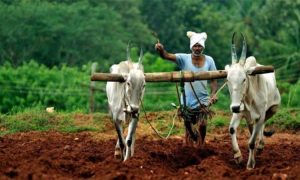KOLKATA: The state may have an epidemiology team before the third wave hits the country to help with inputs on the virus strain and identifying vulnerable pockets in advance. An expert committee for countering the third wave had on Thursday proposed the need for such a team without any delay.
“Covid containment will have to be two-pronged — to safeguard lives and understand the virus better to counter it efficiently,” said SSKM hepatology head Abhijit Chowdhury, a member of the expert committee.
So far, attempts to understand the virus have been restricted mostly to genomic sequencing. While this helps in tracking how the virus is evolving or mutating, molecular epidemiology could help in generating locally relevant data, including sero-prevalence and identifying pockets where there is a cluster of positive cases.
“The virus can create havoc in a rural area that had remained largely untouched by the infection earlier. Looking at Kolkata data, we cannot assume the same for Darjeeling. Therefore, having a think tank of epidemiologists who can feed locally relevant data could help in planning,” said Chowdhury.
Several on the committee also felt that while children would remain vulnerable, the possible third wave might not have the kind of impact on the paediatric population as is being apprehended.
Though state hospitals largely escaped the oxygen shortage during the second wave, the committee proposed that 80% of Covid general beds should have a central oxygen supply, extrapolating the model at ID Hospital where all Covid beds have oxygen support.
“About 90% of the Covid beds in ID Hospital have oxygen supplied via the centralized pipeline directly from the LMO tank. This facilitates uninterrupted supply to the patient. A hypoxic patient will not always understand if the supply from the cylinder runs out, putting him or her at risk if healthcare workers around the patient fail to notice this in time,” said an infectious diseases specialist at the nodal Covid hospital who is also on the expert committee.
“From testing to treatment facilities, vaccination and awareness on Covid-appropriate behaviour, there is a need to restructure our strategy in rural Bengal,” said SSKM gastroenterology head G K Dhali, officer on special duty (Covid), part of the 10-member committee.
With much of the Covid-care focus on urban areas, the committee also proposed enhanced focus on rural Bengal where the virus has caused quite a lot of damage in the second wave.





































